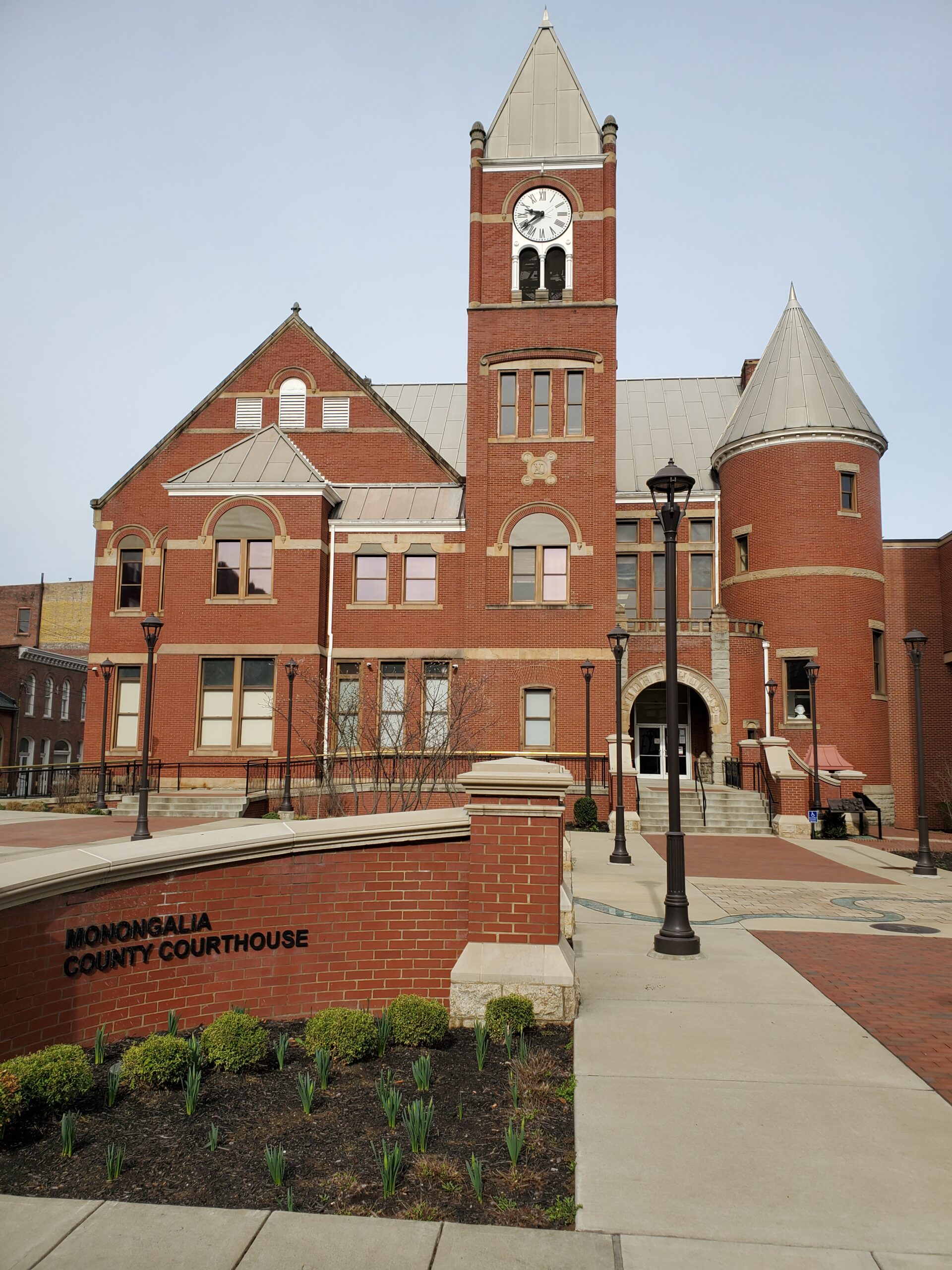MORGANTOWN — When it comes to use of the county’s roughly $20.5 million in American Rescue Plan funds, the buck stops with the Monongalia County Commission.
And that body alone will decide how that money is spent.
“It would be nice if this were a wish list,” Monongalia County Commissioner Tom Bloom said Wednesday. “But this is not a wish list. There are specific guidelines.”
Bloom’s comments came as part of the commission’s response to calls for public input regarding how the county spends its helping of the $1.9 trillion American Rescue Plan buffet.
In short, the commission will not engage in a formal public input process like the one being undertaken by the City of Morgantown, which has published a survey and scheduled public meetings regarding use of its $11.2 million in ARP dollars.
“First and foremost, we’re elected to make these decisions,” Commission President Sean Sikora said. “I take the trust the citizens have put into us seriously and I can assure, just like every penny spent in this county, it will be logical, strategic and completely transparent.”
The commission explained that there are extensive guidelines outlining how the money can be spent — some of which remain elusive to the state auditor’s office, which is overseeing use of ARP dollars in the state.
What is clear, however, is that water, sewer and broadband projects are a priority for these dollars.
“In our county, we can spend all those dollars just on broadband alone, and the commission has taken on the broadband project for the whole county, for all the municipalities, to map our county out and see what the best routes are going forward to lay out the whole county,” Sikora said, assuring residents that the commission is ultimately accountable for the money and asking that it be judged on results, not process.
“You may or may not agree with all the spending that’s going on in Washington, but these dollars have to be paid by future generations,” he said. “We think the dollars spent on economic development will go a long way to making sure we can get the best use of these particular dollars. Broadband is economic development and water and sewer projects are economic development.”
It was also noted that the commission sets aside, on average, about $1.2 million annually to grant funding requests for projects across the county. The commissioners also pointed out that they’ve never ceased in-person meetings, all of which include time for public comment.
“What I’ve noticed in my seven-plus months now on this commission is we’re a very deliberate body. We won’t so much as spend a dime unless we know we have the authority to do so,” Commissioner Jeff Arnett said, adding “I know there are some interpretations out there from different entities and different folks saying we can spend it on basically whatever we want, but that’s simply not the case, at least as of right now.”
In other county news, the commission heard from Emma Sollars, a Mason-Dixon Elementary 5th grader who’s looking to get 14 missing historical markers restored at various points across the county, including the Willey-Wade-White marker, which has been missing from the county courthouse square for more than a decade.
The missing markers came to Sollars’ attention as part of a project with the Wadestown Busy Bees 4-H group.
“I believe these markers need to be replaced so the citizens and visitors to our county can learn about our wonderful history and its importance to our state,” Sollars told the commission.
The commissioners said they’ve passed her request on to representatives in Charleston, who are looking into the matter.
“A lot of people do projects just to get them done, but that’s obviously not what you were doing. You’re taking real initiative here and that’s really nice to see,” Arnett said. “When I was your age, there’s no way I could have gotten up in front of a body like this and given a presentation like you just did. We’re very impressed.”
TWEET @DominionPostWV




